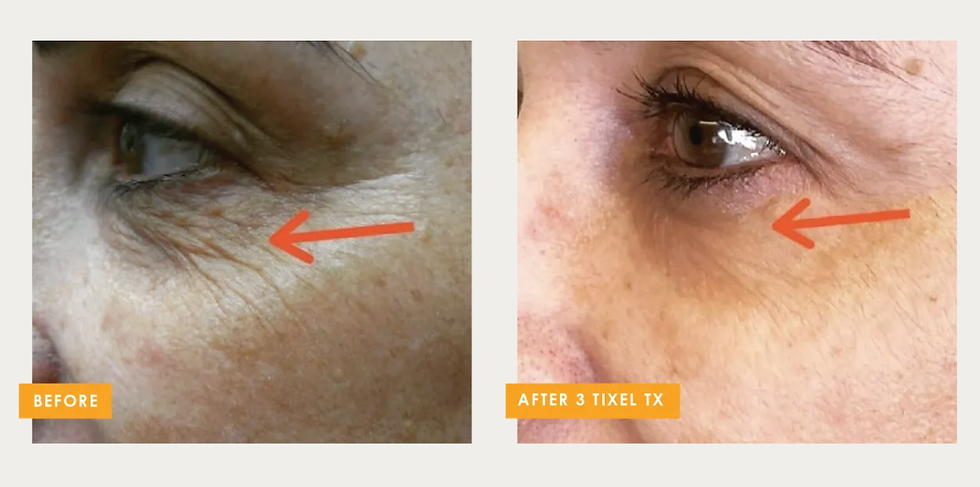How does Diabetes affect my eyes?
- Envision Optometry
- Mar 13, 2019
- 1 min read
Updated: Apr 10, 2019
If you have diabetes, you should be getting your eyes checked at least once per year with dilation. Why? You’ve probably heard this from your regular primary care provider too, but diabetes can affect your vision and eye health.
How? Diabetes damages the blood vessels in the retina, a very thin layer of tissue that lines the back of your eye. If this tissue is damaged, you can lose your vision.
What type of damage can happen, exactly?
Bleeding, inflammation, and ischemia (lack of oxygen). During a dilated eye exam, your eye doctor checks for these signs. Blood comes from the damaged blood vessels, and this may in turn cause swelling and inflammation.
Blood vessels can also lose their ability to function, causing oxygen deprivation. When this happens, new blood vessels may form. While this may sound like a good thing, these vessels are extremely fragile and often easily bleed into the retina, leading to severe damage, scar tissue, and vision loss.
How often should I be seen?
People with diabetes need to have their eyes checked at least once per year. Often early changes in the eye from diabetes elicit no symptoms and vision is unaffected. An eye exam will catch early signs, and measures can be taken to prevent progression.
If your eye doctor finds moderate or severe signs of diabetic changes in the eyes, you will need to follow-up more frequently, and special treatment may be needed from an ophthalmologist.




Comments